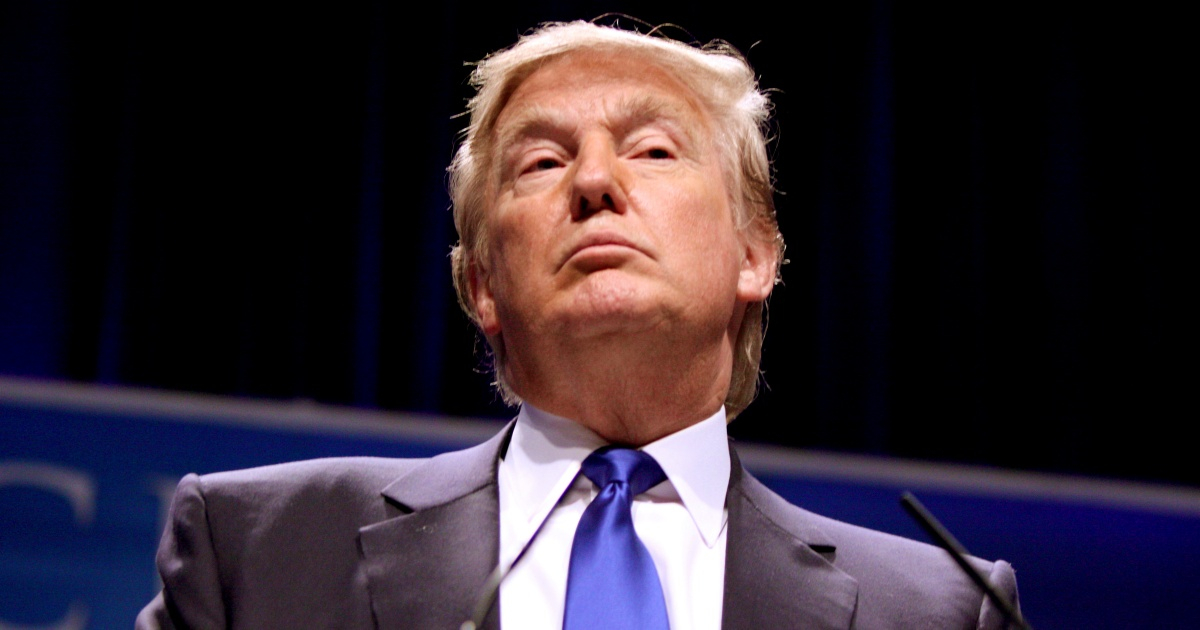The President-elect of the United States, Donald Trump, has declared his intention to employ every legal mechanism available to execute what he promises will be the largest deportation operation in the nation's history. A key aspect of this plan is the potential revocation of visas for countries that refuse to accept their deported citizens, a move that could significantly impact immigration policy and international diplomatic relations.
Leveraging Immigration Law for Diplomatic Pressure
Trump intends to utilize Section 243 (d) of the Immigration and Nationality Act (INA), which permits the U.S. government to halt visa issuance to citizens of countries that "unreasonably delay or refuse" to accept deportees. Under this provision, the Secretary of State could instruct consular officers to cease processing visas, both for immigrants and non-immigrants.
The Project 2025 document, outlining ultra-conservative policies for the upcoming administration, supports this approach and details how to enforce the law to secure international cooperation. “Strict enforcement of this law will demonstrate a level of seriousness previously absent regarding other nations' respect for U.S. immigration laws,” the document states.
Impact on Visas and Affected Countries
This strategy could have far-reaching consequences, as the United States issued a record 11.5 million visas in fiscal year 2024, encompassing both immigrant (permanent residency) and non-immigrant (tourism, temporary work, students, etc.) visas. Countries potentially most affected include Cuba, Nicaragua, Venezuela, China, Russia, and India, which have historically resisted accepting deportees from the U.S.
In cases like Cuba, cooperation is limited: despite existing migration agreements, the Cuban regime tightly controls the number and conditions of deportations. Since April 2023, only one deportation flight per month is conducted, resulting in fewer than a thousand repatriations over more than a year and a half.
Additional Pressure Tactics
Revoking visas is not the only pressure tactic Trump is considering. During his first term, he used tariffs to pressure Mexico and Canada on immigration issues, a strategy that may resurface. Furthermore, the President-elect has hinted at extreme measures, such as constructing detention camps, conducting widespread workplace raids, and deploying military forces at the border.
Record Visa Issuance Numbers
The U.S. visa system has shown consistent growth in recent years. In fiscal year 2024, 11.5 million visas were processed, surpassing the 11 million issued in fiscal year 2023. This increase is even more pronounced when compared to the 8.7 million visas managed in 2022, 6.7 million in 2021, and 4.9 million in 2020. These figures indicate a significant recovery following the pandemic's most challenging years.
Among the nations with the highest number of visas issued are Mexico, India, Brazil, Colombia, and China, with India and China notably reluctant to accept deportations.
An Era of Uncertainty
Implementing these measures could reshape the international migration landscape. Tom Homan, who is poised to oversee deportations under Trump's administration, acknowledged the complexities involved. “We can't just put them on a plane... there's a process we must follow,” he stated.
Through this strategy, Trump aims not only to fulfill his campaign promise of deporting 11 million people but also to exert diplomatic pressure via migration control, positioning the United States as a more stringent actor in international visa policies. However, it remains to be seen how the affected countries will respond to these measures, which could redefine bilateral relations in the coming years.
Frequently Asked Questions About Trump's Mass Deportation Plan
What legal tools will Trump use for deportations?
Trump plans to utilize Section 243 (d) of the Immigration and Nationality Act to suspend visa issuance to countries that refuse to accept deportees.
Which countries might be most affected by visa suspensions?
Countries like Cuba, Nicaragua, Venezuela, China, Russia, and India could be significantly impacted due to their historical resistance to accepting deportees from the U.S.
What other strategies might Trump employ to enforce immigration laws?
Beyond visa suspensions, Trump may reintroduce tariffs, construct detention camps, conduct workplace raids, and deploy military forces at the border.
